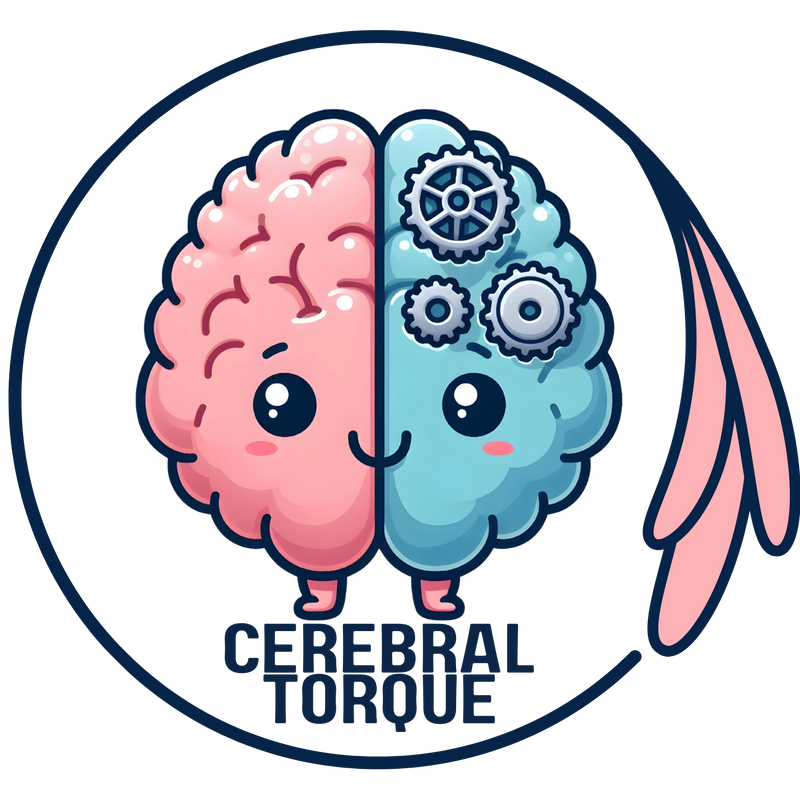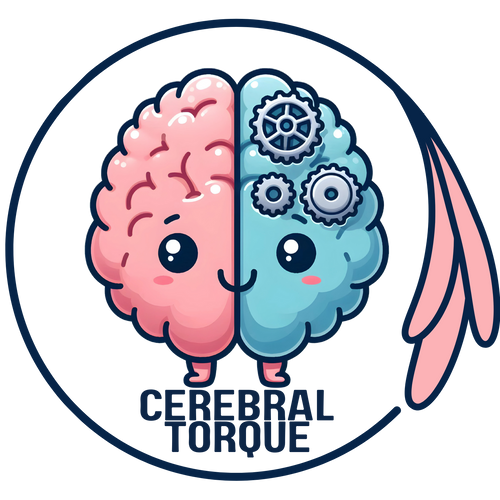A quick summary of what we currently know about PACAP in terms of migraine treatment
Posted on November 26 2023,

Let’s summarize the latest we know about neuropeptide pituitary adenylate cyclase-activating polypeptide (PACAP).
If you are new migraine research in general, you may not have heard of it, but it does play a significant role in migraine pathophysiology. Think of it the same way you would CGRP. PACAP sensitizes trigeminal neurons, promotes neuroinflammation, and dilates cranial arteries. There is a lot of theoretical promise in modulating this neuropeptide the same way we do CGRP in order to create new migraine treatments.
During a migraine attack, we can detect elevated serum PACAP levels compared to patients without migraine. Furthermore, intravenous PACAP administration has been shown to trigger migraine-like episodes in a significant portion of those without migraine.
PACAP monoclonal antibodies are designed to inhibit PACAP or its major PAC1 receptor (as seen in the above picture) and these medications are currently undergoing clinical trials. We learned very recently at the 2023 International Headache Congress that Phase 2 results show that the PACAP antibody drug candidate Lu AG09222 can significantly reduce monthly migraine days compared to placebo.
Meanwhile, the PAC1 antibody AMG 301 was ineffective for migraine prevention.
https://journals.sagepub.com/doi/10.1177/0333102420970889
Both CGRP and PACAP cause migraine-like headache in about 2/3rds of migraine patients. PACAP causes more prodrome symptoms and side effects than CGRP. Although PACAP shares vasodilatory and nociceptive functions with CGRP implicated in migraine, PACAP activate parallel neural pathways independent of CGRP.
Anti-PACAP medications may be especially beneficial for migraine patients that don't respond or have developed antibodies against the current anti-CGRP/CGRP-receptor mAb class of medications. It's also possible both medications may be safe to use in complement to each other. Time will tell.
Sat, Apr 19, 25
FDA Authorizes First Digital Therapeutic for Migraine
In a development for migraine patients, the FDA has granted marketing authorization to CT-132, making it the first prescription digital therapeutic specifically designed for the preventive treatment of episodic migraine...
Read MoreFri, Apr 18, 25
Weather Conditions & Migraine Attacks: Is there a relationship?
This meta-analysis found that weather conditions, especially temperature and ambient pressure changes as well as increased levels of certain air pollutants (PM10, PM2.5, NO2, CO, and O3), are significantly associated...
Read MoreFri, Apr 18, 25



